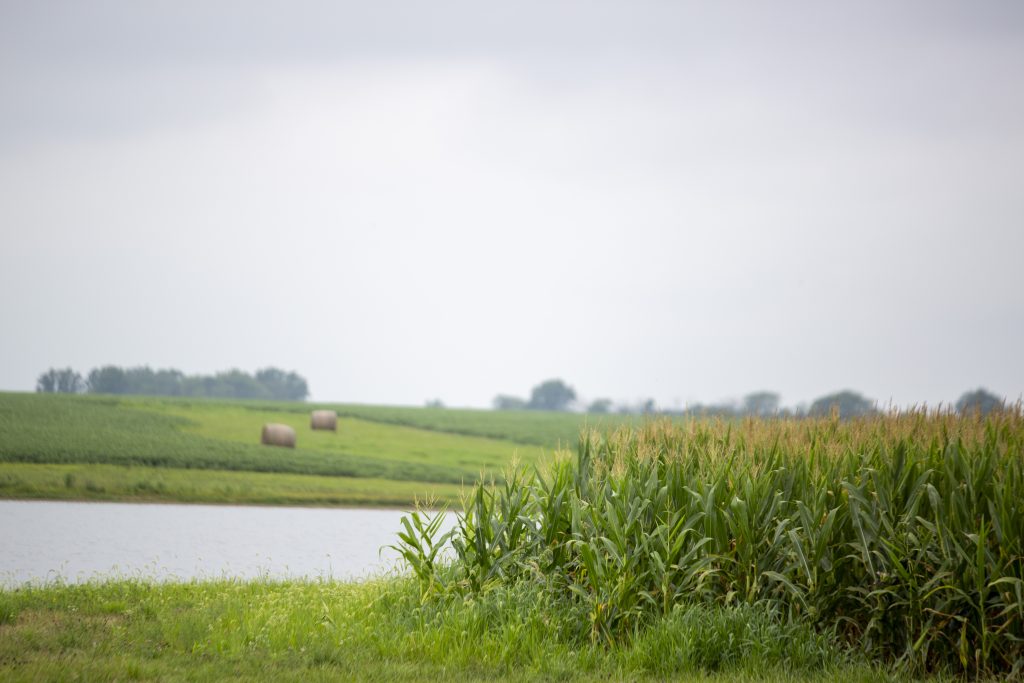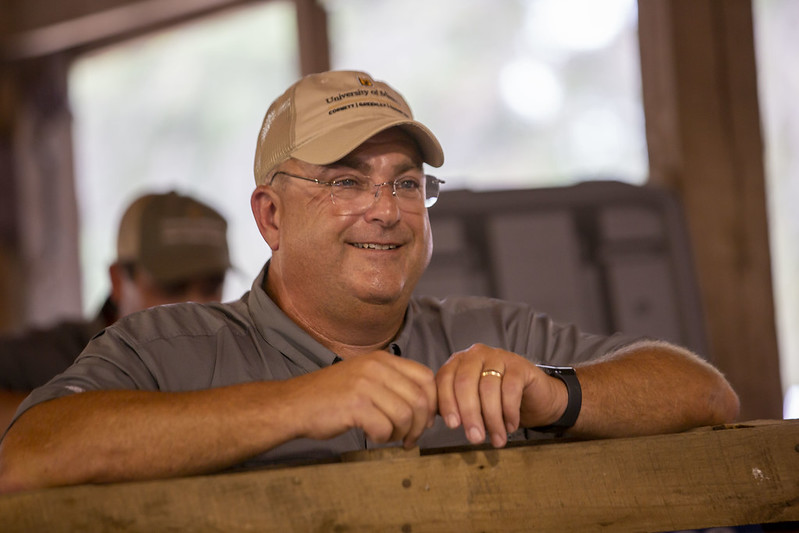Published on
Updated on

The Research, Extension and Education Centers (REECs) that are part of MU’s College of Agriculture, Food and Natural Resources (CAFNR) Experiment Station are embarking on a new model of partnership with the US Department of Agriculture’s (USDA) Natural Resources Conservation Service (NRCS) that seeks to open doors further to landowners involved in agriculture across the state who wish to better manage their land.
“The purpose of this project is to enhance the adoption of conservation practices that will increase crop productivity, improve adoption of water management practices and enhance water quality,” said Jeff Case, director of the Northern Missouri REEC and the administrator of the NRCS grant that is making the project possible.

The four REECs are located in four distinct regions of the state — central, northern, southwest and southeast (known as the Fisher Delta REEC) — and each contain research farms and facilities to help conduct research specific to the conditions Missouri producers face in that region. The $1.4 million NRCS grants will help support eight new REEC staff members, two at each REEC, to work directly with landowners in their area.
“One of the reasons we are putting these at each REEC is because it can be tailored to that area,” Case said. “Conservation practices can be very different in each of the REEC regions.”
Placing the new personnel at each REEC will also make them more accessible to Missouri farmers and ranchers as they will be geographically close.
At each REEC, one of the new staff will specialize in technical assistance and the other in outreach.
“Once a new technology has been developed, farmers need to know about it,” Case said. “That’s where the outreach comes into play. This is really a natural fit for the research centers because we already do all these things.”
This educational position will talk to producers who own land within each REEC’s region as well as conduct workshops, demonstrations and trainings.
Technical assistance personnel will serve as a resource to landowners to help with implementation. This help will include a number of things, Case said, including identifying possible cost-share programs to relieve the financial burdens of implementation and creating plans specific to their property with recommendations for which stacked practices are most likely to be effective for each landowner. Stacked practices are when a landowner is using multiple conservation practices on one piece of land.
“Farmers may have questions about which stacked practices will work best for their property or their farming setup,” Case said. “This person would help them come up with that recipe that will work best for them and their goals.”
Each REEC is currently working to fill these positions, and this new assistance should be available to Missourians starting this spring.
“This is a very innovative agreement between the University of Missouri and the Natural Resources Conservation Service,” said Scott Edwards NRCS State Conservationist for Missouri. “The ability to partner at this level and to add dedicated staff to Outreach and Training will benefit Missouri farmers and ranchers for years to come.”
For more information, landowners can contact their area REEC director.